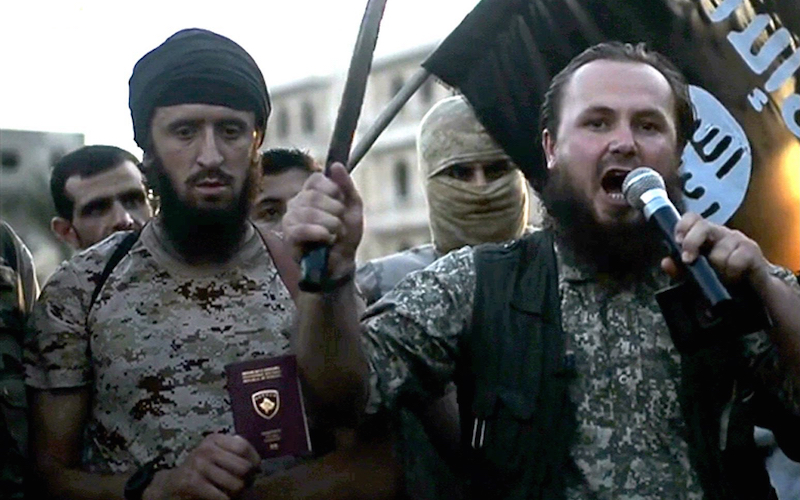In the aftermath of the September 11 attacks, the United States made a commitment to fight terrorism both physically and morally wherever it is found. More than fifteen years later, we stand ready to lose an important battle that would grant ISIL a physical safe haven to launch further attacks against not only targets in the Middle East, but in the West. The days of “closely watching” the situation in Libya must come to an end, lest ISIL take on a new meaning as the “Islamic State in Libya.”
While the machinations of geopolitics have captured much of the world’s attention regarding the fight against ISIL in Syria, it behooves the world to remember that while the group’s support in Syria and Iraq may be dwindling, its structure has indeed metastasized to other parts of the world. In Libya, ISIL proves ready to not only erase the fall of the Qaddafi regime, but also give a group that has demonstrated its resolve to strike repeatedly at the West much closer to the heart of Europe.
Despite that, pro-democracy forces in Libya are gaining ground. While the situation lacks the intrigue of Russian bases or NATO obligations to capture interest, the same ISIL that threatens Palmyra and Baghdad can be found in the Libyan desert. Until a few weeks ago, ISIL could also be found in the city of Sirte, whose recapture was a major victory for pro-democratic groups in that country. Liberation did not come cheap – pro-democratic losses numbered 720 killed and nearly 3,300 wounded, with many more ISIL fighters lost. American airstrikes came relatively late in the campaign.
Yet without solid action now and hot pursuit of defeated ISIL forces, the deaths of those who were lost will be in vain. ISIL has shown time and time again an ability to regroup and reform. Now we, as a society that is committed to both democracy and the eradication of terrorist safe havens, must continue to act in order to finally defeat ISIL in Libya. The pro-democracy forces in Libya have demonstrated an ability against ISIL, so this is not a call for boots on the ground. Instead, international forces must work to provide adequate support for those fighters, both in physical and moral terms, before the next battle begins.
ISIL’s destabilizing effect has allowed it to maintain considerable funding from external groups including pro-Qaddafi forces who know that insecurity and conflict will delay or prevent democracy from ever taking hold in Libya. To counteract this possibility, pro-democracy forces in Libya must be provided with military support that allows them to continue to win victories like Sirte. Military support does not, for instance, necessarily dictate air strikes or drone surveillance. By far, some of the most useful aid that could be granted to these groups is ensuring that there are adequate bullet-proof vests and helmets to equip soldiers fighting for the right to live in a democratic country.
Just as importantly as offering an acknowledgement of the risks that these soldiers take is providing medical support for those who are wounded on the battlefield. While some countries have provided medical assistance, it is of a more general nature and not tuned to in-theatre needs. This lack of medical care has devastated the morale of pro-democratic forces. Plans must be made now to anchor a hospital ship off the Libyan coast that can evacuate and treat the wounded. Such a step would vastly improve morale as well as casualty outcomes.
 via Youtube
via Youtube